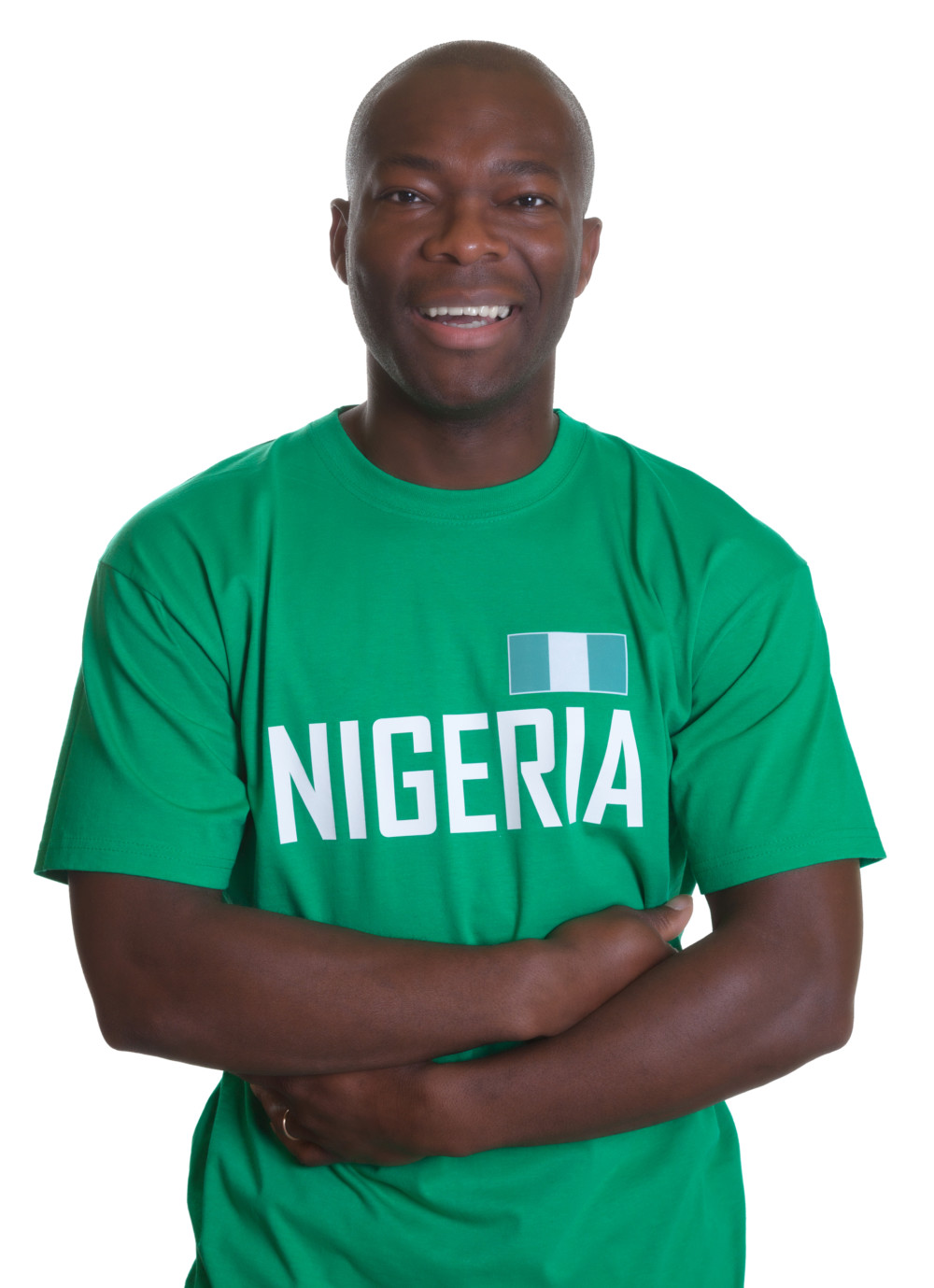Features
Tari Taylaur: We Don’t Need Restructuring in Nigeria, We Need a Change in Mindset!

Veteran broadcaster and radio show host, Jimi Disu made a valid point on radio when he said that it doesn’t take restructuring Nigeria to give good healthcare, education, and every other essential public service.
Lagos does not need restructuring, so why do the nationwide issues of poverty, corruption, and poor environment exist here as well? This cross-zonal uniformity in the poor quality of life has become synonymous with the Nigerian way of being.
There have been calls for restructuring in the way that Nigeria is run; states and regions want more autonomy in the governance of their affairs. In a keynote address on restructuring Nigeria delivered by Kingsley Moghalu, he mentioned that he believes “restructuring is necessary and inevitable.” While some stakeholders may dismiss the prospect because of a fear of the loss of perceived political advantage, Moghalu says that “no one has anything to fear in an intelligently restructured Nigeria.” He also said that “structural changes in a redesigned federation will be inadequate without a restructuring of the Nigerian mindset which has become increasingly warped.”
I agree with this. Rather than call for a restructuring, why don’t we fix the broken mindset that causes us to associate life in Nigeria with dysfunction and struggle? What is the point of restructuring if the general culture of corruption and broken-down institutions, and the nonchalance of leaders to the plight of the people still remain?
Can we all commit to a new way of being Nigerian? To a way of life where each person looks out for the common good, recognising the personal well-being that comes out of societal balance. A new Nigeria whose people are passionate about making systems work for everyone, where institutions are ruthlessly effective in delivering public service with integrity. Where citizens deploy their wealth and resources to making life better for individuals and communities.
Let’s forget about restructuring for now, as well as our political, ethnic and religious differences, and focus on making the Nigerian experience better for all. We should no longer be complacent about the mass suffering of Nigerians and impunity in public office. When we refuse suffering and impunity as Nigerians’ standard of living, everything will adjust to suit our vision. Perhaps we can practice this until 2029 and if by then our institutions are still broken down, streets are still filthy, electricity is still unreliable, roads are still pot-holed, and our general dissatisfaction with our nation is still the case, then we can restructure as will be necessary for our survival.
But for now, look around you and ask what you can do to make Nigeria better, and in what ways and places you can foster positive change. Be a living example of what a new Nigeria should look, sound, and be like.





















